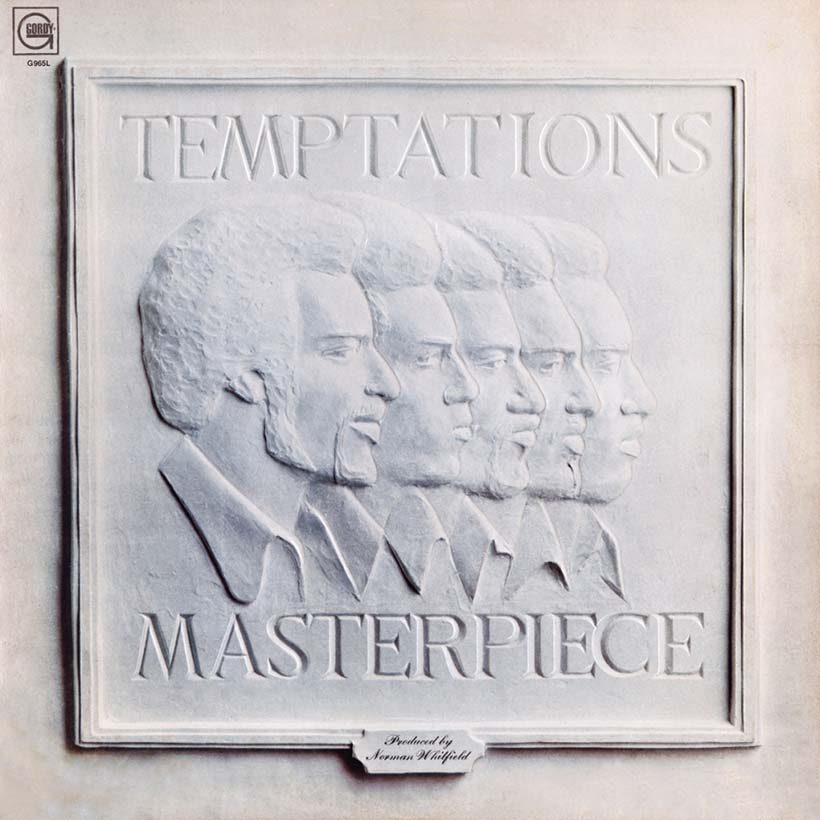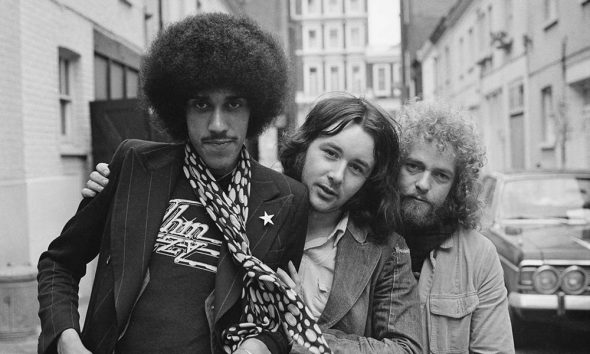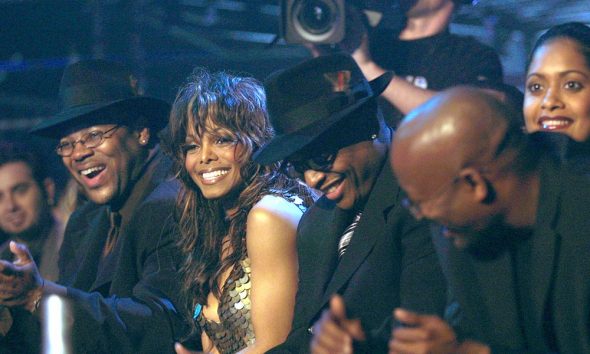‘Masterpiece’: Norman Whitfield And The Temptations Aim High In 1973
Attempting to build on the success of ‘Papa Was A Rollin’ Stone,’ The Temptations And Norman Whitfield created ‘Masterpiece’ in 1973.

Perhaps it was a masterpiece. But whose?
It was 1973 and The Temptations thought (perhaps hoped) they were at a crossroads. Their records had been growing steadily more “far out”, which worked in terms of sales, but psychedelic soul wasn’t a style of music they were necessarily comfortable with. Their producer, Norman Whitfield, had transformed them from sweet soul harmonizers into an act capable of thriving in the progressive rock era. One of their two 1972 albums was called Solid Rock, and their LPs charted strongly during a period when other Motown vocal groups barely registered. However, The Temptations preferred their old sweet soul style despite their facility for this rock-influenced funky groove.
Listen to Masterpiece on Apple Music and Spotify.
Curiously, they weren’t only competing with rock bands that weren’t associated with them; they found themselves second in line for some of the songs that Whitfield and lyricist Barrett Strong wrote. “Papa Was A Rollin’ Stone” had been previously recorded by Rare Earth, even if it was The Temptations that made it massive. It must have rankled that the song had first been given to a Motown rock band that The Temptations should have outranked. Things were getting out of hand.
All Directions, the group’s second album of 1972, had featured a 12-minute version of “Papa…,” a storytelling ditty with a deep funky backing and a climactic mood-setting orchestra. So when Norman Whitfield began working on a lengthy title song for a new album built on similar lines, the group doubtless thought, OK, “Papa…” was a No.1, let’s have some more. However, the album which became Masterpiece was not like its predecessor. Its sleeve featured a fake marble bas relief of the group’s faces in profile. Underneath, a sign said “Produced by Norman Whitfield,” which also appeared on the back. The implication was that The Temptations were an artwork sculpted by their producer, the more important figure here. While the musicians were credited on the back, the individual Temptations were not. And there was a large soft-focus image of the producer on the flip, with The Temptations emerging from his head.
So, whose masterpiece was it? Mr. Whitfield’s, apparently.
Masterpiece starts promisingly with the elegant “Hey Girl (I Like Your Style),” which casts the group in the mode of their 1971 smash “Just My Imagination,” with Richard Street’s lead voice suitably lovestruck. Then comes the title track – almost 14 minutes of it. While the lyrics are suitably ghetto in recent Temptations style, Whitfield, who wrote it alone, was not the lyricist Barrett Strong was, and there’s no storyline as such, just a few grim snapshots. The group get three minutes to express their vocal talent – just 21 percent of the track. Nonetheless, an edited version made the US Top 10.
Side Two of Masterpiece’s original opened with “Ma,” a more focused song, feminizing the “Papa…” template with a positive spin. “Law Of The Land,” with superb lead vocals from the late Dennis Edwards, who was underused on the album, delivers another funky message. This time The Temptations sang it before Rare Earth, though Motown chose the latter’s version for a US single. “Plastic Man,” the second single from Masterpiece, is a tough tune on a familiar early 70s topic, featuring more fine vocals led by Edwards. The closing “Hurry Tomorrow” turns the psychedelic element up to double rainbow, with Damon Harris gently singing of a room with no floor – it’s acid trip territory, a slowly rising wash of effects ending in chaos. This time Whitfield doesn’t overdo it: the song is trippy without losing a sympathetic human touch.
Masterpiece might be an exaggerated title, but there is brilliance here, much of it from a group relegated to second fiddle on their own album. But they delivered what they were asked to. Arranger Paul Riser deserves credit for orchestrations that helped realize Norman Whitfield’s vision. What happens when the producer becomes the star? Masterpiece, overblown yet sometimes superb, answers that question. A better balance between svengali and singers might have been more satisfying, but the early 70s were times of excess in music, and this fascinating if overcooked album suits them perfectly.













Mike Merchant
March 22, 2021 at 9:27 am
A good summary of the album. I confess that I really like the title track, although I can understand why the group were not pleased to pay second fiddle to Whitfield’s vision of the music.
This was the days before pro-tools and click tracks and all other paraphernalia used to keep time. The rhythm section is superb and kudos to the two drummers, and the late Bob Babbitt (for playing that bass riff endlessly) for keeping time.
I also love the wah-wah work by the late Wah-Wah Watson – it’s so subtle. A section I really like is when it jumps into the funky Wurlitzer piano solo by the late Earl Van Dyke
I’m glad you mentioned Paul Riser, because his arrangements and orchestrations are an integral part of the music – the sweeping strings and horn blasts are great! I play this track almost every day!